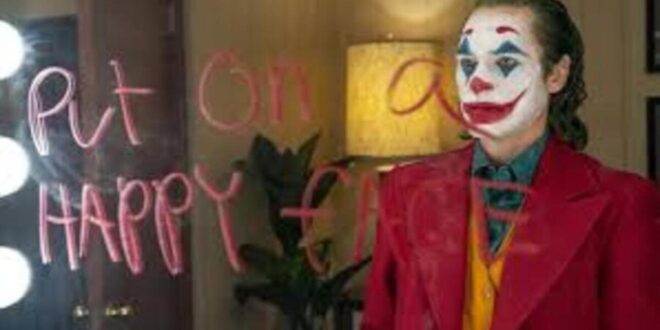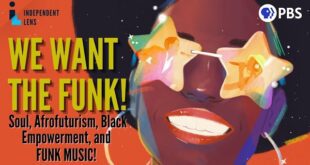Todd Phillips set up his Joker film series with a deep understanding of being mentally ill. When you’re depressed, you use coping skills. What about when you are worse off? What if It’s something that will never go away? How do you learn to live alongside your illness instead of not escaping it and letting your illness define you?
I have been dealing with several mental illnesses that make life confusing and unbearable sometimes; however, sometimes…everything is fine. Joker brings out your inner thoughts and lays them on the table naturally, a far cry from the comic book villain; Arthur Fleck and Joker are human. I felt that reiterated the idea of understanding the veil between reality and slipping into fantasy.
Sometimes, we all deal with some of that, but what if we can’t fight it? What if there is no escape? What if I turn out like Arthur Fleck?

Don’t Call Me Unstable!
This is a far cry from the meditating you do; Joker makes you face your illness and question how important it is to you. I have a lot of meds, I don’t like taking them, but I do. Unlike Arthur, the system has not failed me yet. What if it does? Although these movies are pure fiction at first sight, they provide much information and support. After seeing the first Joker installment, I knew there was something special about it that I could relate to. Was I a killer in clown makeup? Well, no, but I know what it’s like to tiptoe around that veil, never letting too much reality in or out.
At The End Of The Hall There’s A Rubber Room
Unlike Arthur, I have a strong support system that leads me away from a toxic childhood where the most damage was done. I went years living up to others’ demands about my health. I watched people throw my pills away because I was “better.” A hell of a lot of people live that same life. Many of us who suffer cannot find help in today’s world. Mental illness is romanticized to be white and black; you either have Bipolar or Anxiety disorders. I’m a bit different from that because symptoms don’t go away with an affirmation and being positive. They are here for good, and I learned to harness the good parts and combat the bad. Does it always work? No, but if you’re not failing,’ you’re not trying.

The Joker series speaks to me on another level. It tells me, “Hey, douche, take care of yourself, and don’t end up like me!” I hear that cry from a million miles away. However, it’s right here in front of my face simultaneously. I have auditory hallucinations all day, every day; it’s part of my symptoms, and the best thing I learned was how to drown them out with music or grounding skills. You don’t see that version of Arthur Fleck at all. He is meant to have a downward spiral, but I am not him. My life is stable, I know where to go when I need help, and I feel that we have come eons beyond what we learned about mental health in the 70’s.
In The End
The Joker series is a warning to take care of yourself, stay medicated, and do what they ask of you. But NEVER let your illness consume you. You won’t make it very far on good intentions and well wishes. Sit down, face your symptoms, and learn about yourself. Understand yourself and love yourself. I was hoping you wouldn’t become the monster you see on TV; don’t be the one to fall apart and lose all your progress that took years to address.
Ultimately, I think that’s why I enjoy the Joker series. It’s a look at myself when I feel unstable. The film pushes me to seek help when I need it. This is the reality of the movies; sometimes, you can’t live inside your fantasy of what your life should be. Love yourself for who and what you are. Please don’t become the monster we see on the news; take care of yourself.
 PopHorror Let's Get Scared
PopHorror Let's Get Scared




